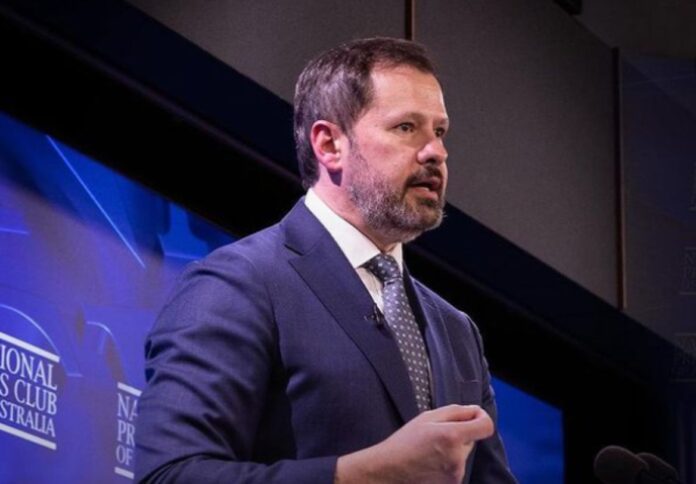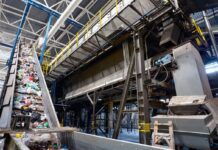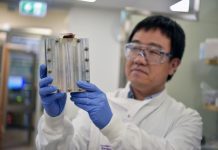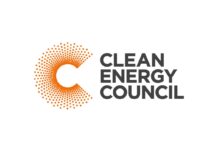
The large-scale uptake of battery storage and battery manufacturing will be crucial to Australia’s transition to net zero and to becoming a world leader in clean energy, according to Minister for Science and Industry Ed Husic, citing CSIRO’s new Renewable Energy Storage Roadmap.
Husic welcomed the latest CSIRO roadmap and said the government recognises the pivotal role that cheap, widely available energy storage will need to play in the transition to renewable power.
“That’s why the Government is delivering the Australian Made Battery Plan, spearheaded by the development of Australia’s first National Battery Strategy,” Husic said.
Minister Husic agreed with the roadmap’s focus point, emphasising that Australia needs a pipeline of projects using a diversity of technologies that would tap into the full potential of the country’s renewable energy resources, paving the way for new systems and technologies to be developed within the country.
The minister said the private sector is keen to invest in innovative storage projects that are crucial for Australia’s energy transition, and the government is committed to supporting efforts aimed at bringing these projects forward.
The Future Battery Industries Cooperative Research Centre estimated in a recent report that the battery manufacturing industry could be worth nearly $17 billion and create more than 61,000 jobs by 2030.
“That’s why we are working closely with the states and territories, and consulting widely with industry, the community, academia and experts to shape the National Battery Strategy,” Husic said.
The minister commended the CSIRO report, saying it is a great example of the sort of worth CSIRO should be undertaking— harnessing Australia’s science and research capabilities to tackle major national challenges and grow new industries.
The Australian government has implemented several initiatives focused on powering homes and businesses with cheaper renewable energy. This includes the $20 billion Rewiring the Nation Fund, which seeks to reach generate 82 per cent of renewables in Australia’s energy grid by 2030.




















